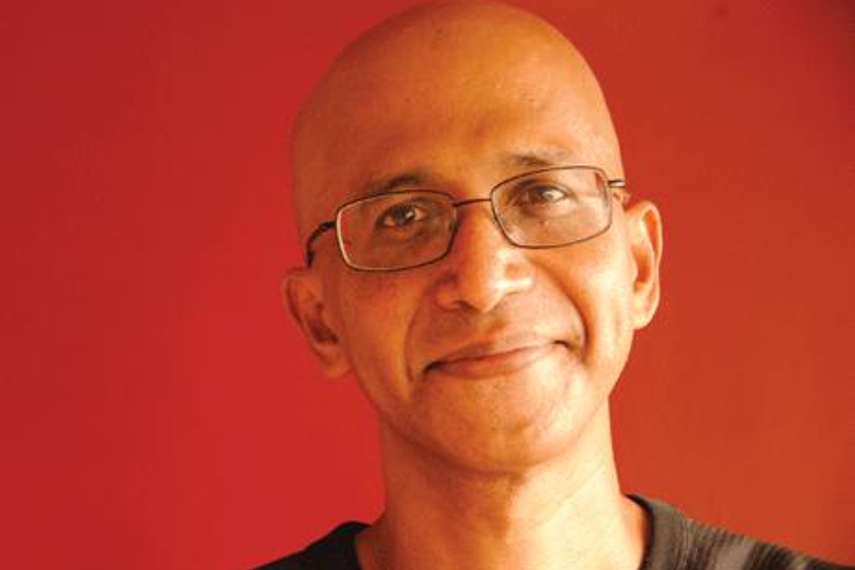
Please sign in or register
Existing users sign in here
Having trouble signing in?
Contact Customer Support at
[email protected]
or call+91 22 69489600
In the second part of a series, Kiran Khalap, co-founder, Chlorophyll brand & communications consultancy, analyses the impact of strong brands having to spread brand mythologies as well as having to show they care

Contact Customer Support at
[email protected]
or call+91 22 69489600
Top news, insights and analysis every weekday
Sign up for Campaign Bulletins
Omnicom leaders rise to the top of the pecking order as details about new leadership across India, Australia and New Zealand emerge.
The future of discovery won’t be a search result. It will be a conversation, one where AI decides whose voice to amplify.
The campaign captures a bride's emotional journey as she prepares for a new chapter, highlighting the intimate relationship between bridal jewellery and personal expression.
This character was designed to personify the unseen wetness that can cause discomfort to babies.